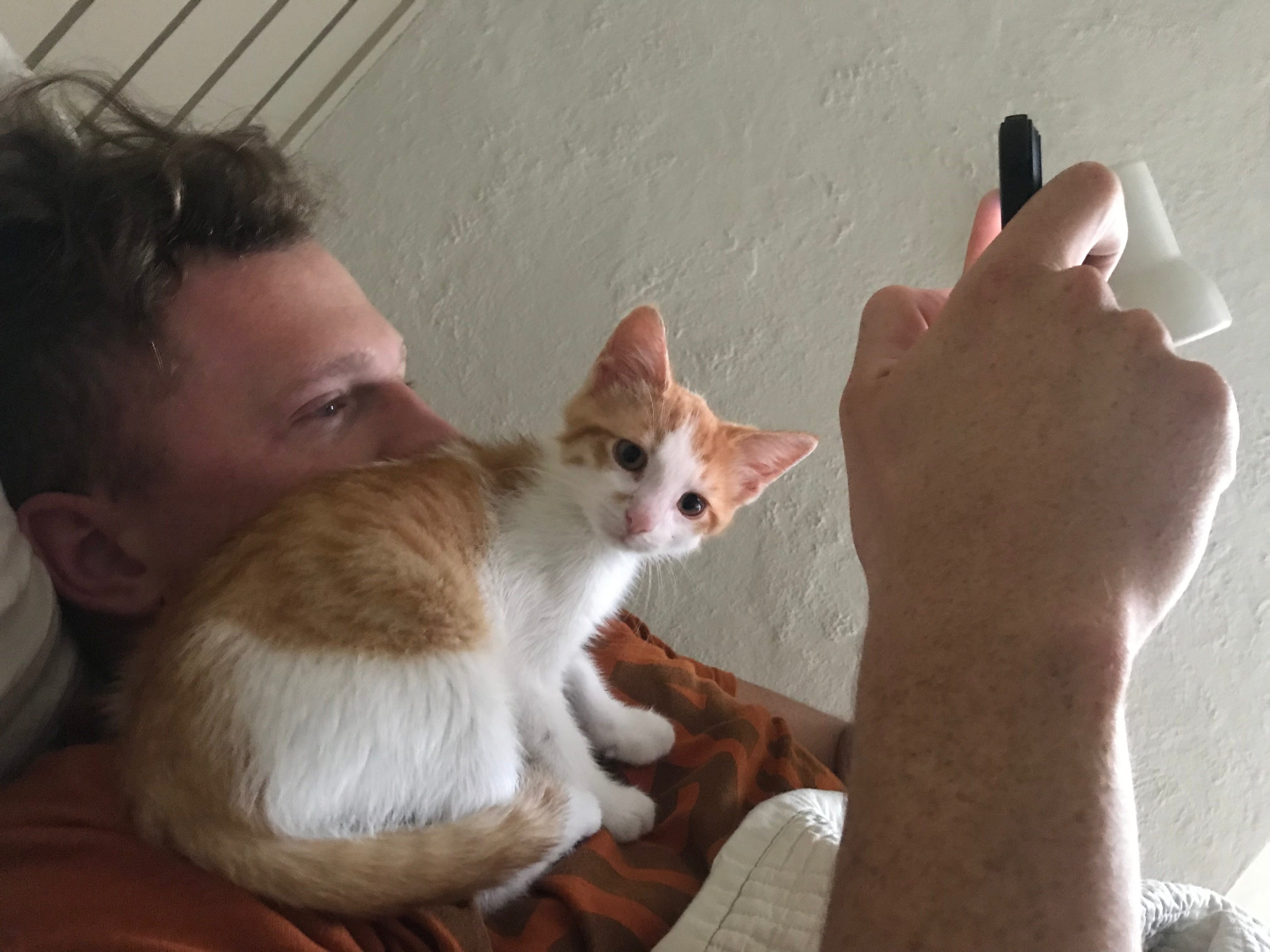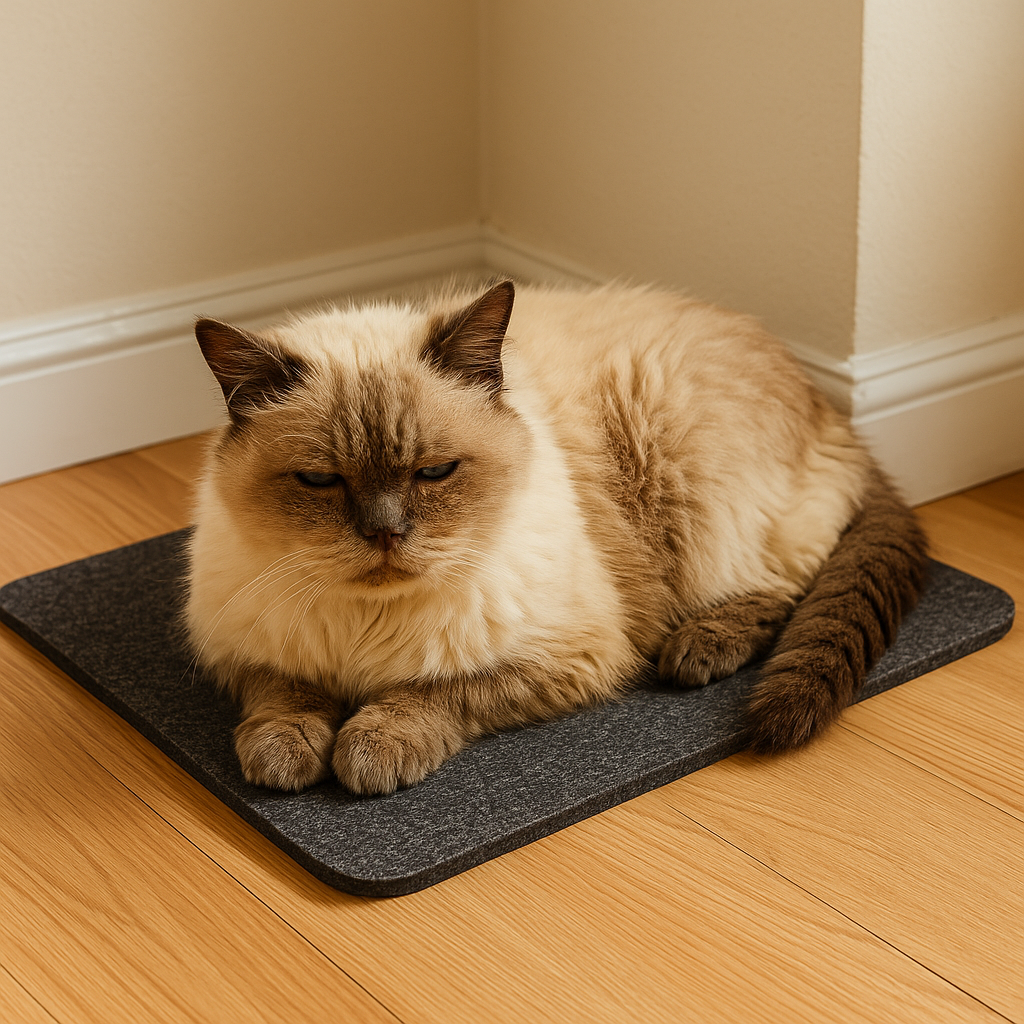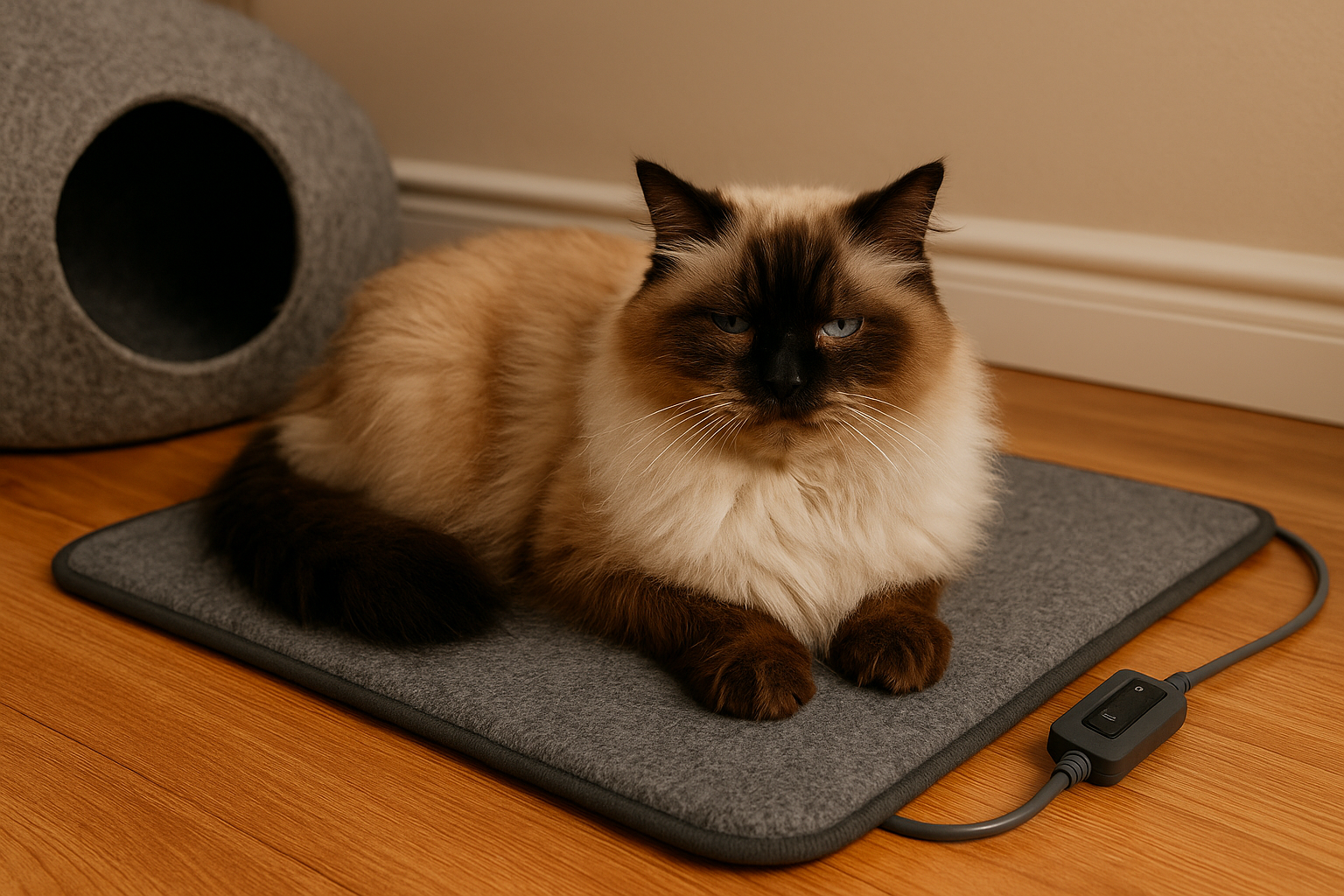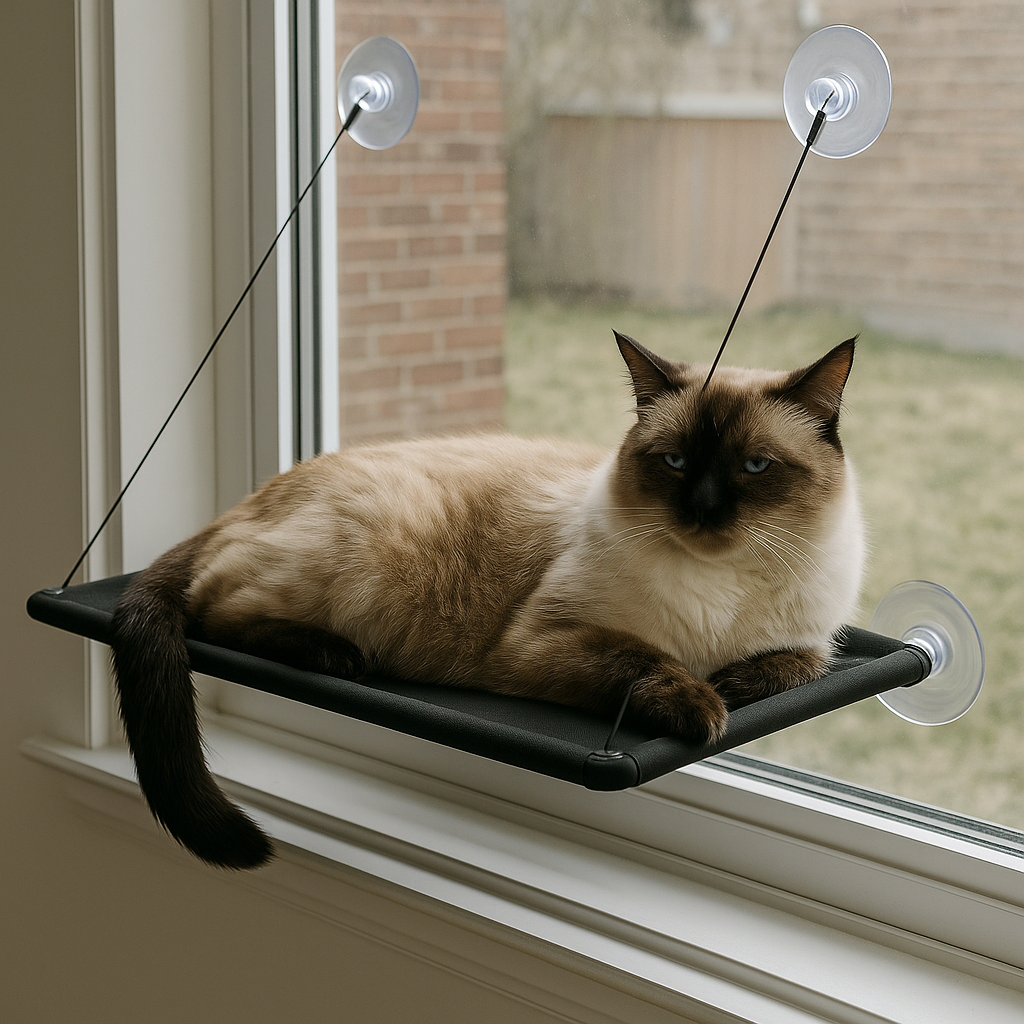Vomiting in Cats: Causes & When to See a Vet Guide 2025 🐾
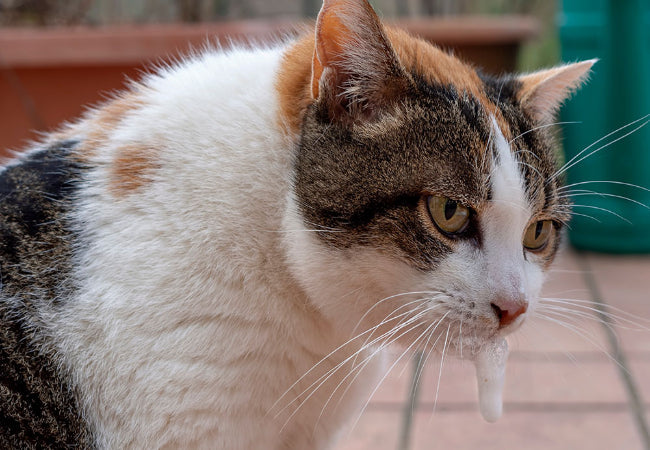
In this article
Vomiting in Cats: Causes & When to See a Vet Guide 2025 🐾
By Dr. Duncan Houston BVSc
Vomiting in cats can be alarming for pet owners. While an occasional upset stomach may not be serious, frequent or severe vomiting can signal underlying health issues. This guide explores the causes, warning signs, prevention tips, and when to consult your veterinarian.
Common Causes of Vomiting in Cats 🐱
Several factors can trigger vomiting:
-
Dietary Changes or Intolerances – Sudden food changes or sensitivity to ingredients can upset digestion.
-
Ingestion of Foreign Objects – Cats may swallow strings, toys, or other non-food items, leading to obstruction.
-
Infections or Parasites – Viral, bacterial, or parasitic infections can irritate the GI tract.
-
Underlying Health Conditions – Issues like kidney disease, liver disease, hyperthyroidism, or even cancer may cause chronic vomiting.
-
Medications – Some prescribed drugs list vomiting as a side effect.
Symptoms to Watch For 🚨
Knowing when vomiting is more than “just hairballs” is crucial:
-
Frequency & Volume – Occasional vomiting may be normal, but frequent or large amounts require vet evaluation.
-
Blood in Vomit – Red or brown coloration may point to ulcers, internal bleeding, or cancer.
-
Other Symptoms – Lethargy, appetite loss, diarrhea, or changes in drinking/urination may suggest systemic disease.
-
Abdominal Discomfort – Signs of pain when touched around the belly indicate a more serious condition.
Preventing Vomiting in Cats 🐾
You can reduce risks with proactive care:
-
Keep Diet Consistent – Introduce new foods gradually over 7–10 days.
-
Manage Eating Habits – Puzzle feeders or slow bowls can prevent vomiting from eating too fast.
-
Limit Hazards – Keep small objects, toxic plants, and unsafe foods out of reach.
-
Routine Vet Visits – Early detection of disease through check-ups helps prevent complications.
When to Call the Vet 🩺
Consult your veterinarian if your cat’s vomiting is:
-
Frequent (more than 2–3 times in a day)
-
Persistent over several days
-
Accompanied by blood, weight loss, or other illness signs
Your vet may recommend blood tests, imaging, or dietary trials to diagnose the cause and provide effective treatment.
Final Thoughts
While occasional vomiting isn’t always serious, chronic or severe vomiting is a red flag. Timely veterinary care can make the difference between a simple fix and managing a long-term illness. Always err on the side of caution — your cat’s health depends on it. ❤️🐾




